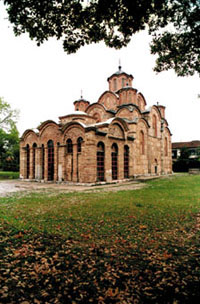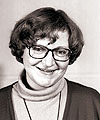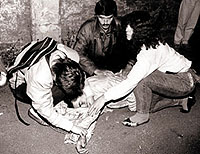April 2001
- Churches commit themselves to a decade of work for peace
- Where are the young people
- Portrait of a young ecumenist
- A common celebration of Easter
- Lively debates at the WCC Central Committee
- African religiosity
- A team from CEC/WCC visits Yuboslavia
- People
- The WCC is growing
- Red alert on planet Earth
- Our smallest sister
- Visit one another
- New resources
- A survey actions to combat racism
- Hello to new WCC staff members
- The "6-10-5" campaign
- Diary
Decade of Work for Peace
|
A colourful and enthusiastic crowd of people gathered from all over the world to say "NO" to violence in all its forms. This was the international launch of the "Decade to Overcome Violence: Churches Seeking Reconciliation and Peace" (DOV) in Berlin, Germany, on 4 February of this year. The celebrations began in the morning with an ecumenical service in four languages, with hymns and music from different cultures, commemorating child victims of violence throughout the world.
|
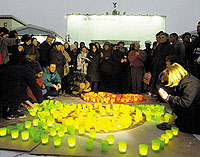
Stewards putting candles |
"Are you ready to work for peace?" asked one of the two presenters at the beginning of the event. "You’d better be," replied the other, Diana Mavunduse, the WCC’s DOV communicator, "You’re in for ten years of it!"
The celebrations culminated with a candle-light procession through the streets of Berlin to the famous Brandenburg Gate, itself a symbol of both oppression and reunification. Here central committee members gathered round to form the DOV logo with the lighted candles. Regional DOV launches will be held in the coming months.
Information about times and places, and news of the DOV can be found on the WCC website at http://wcc-coe.org/wcc/dov/index-e.html.



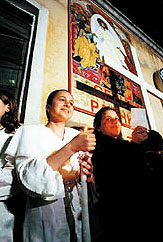 Orthodox Easter worship in Tirana
Orthodox Easter worship in Tirana

